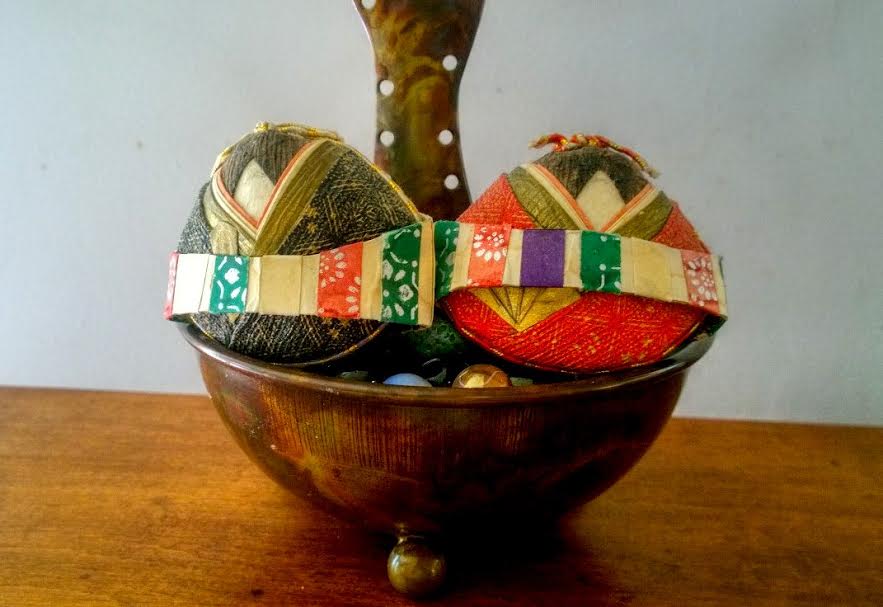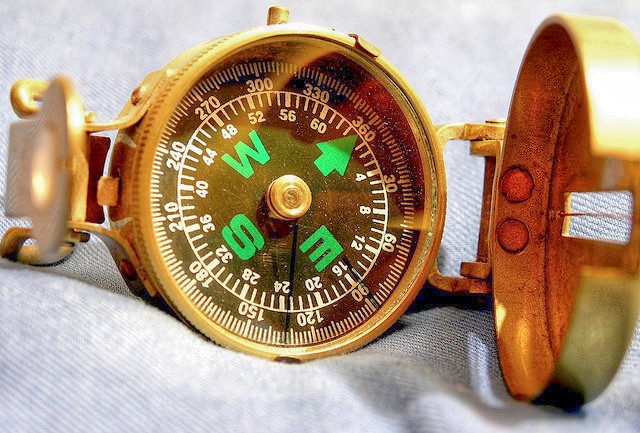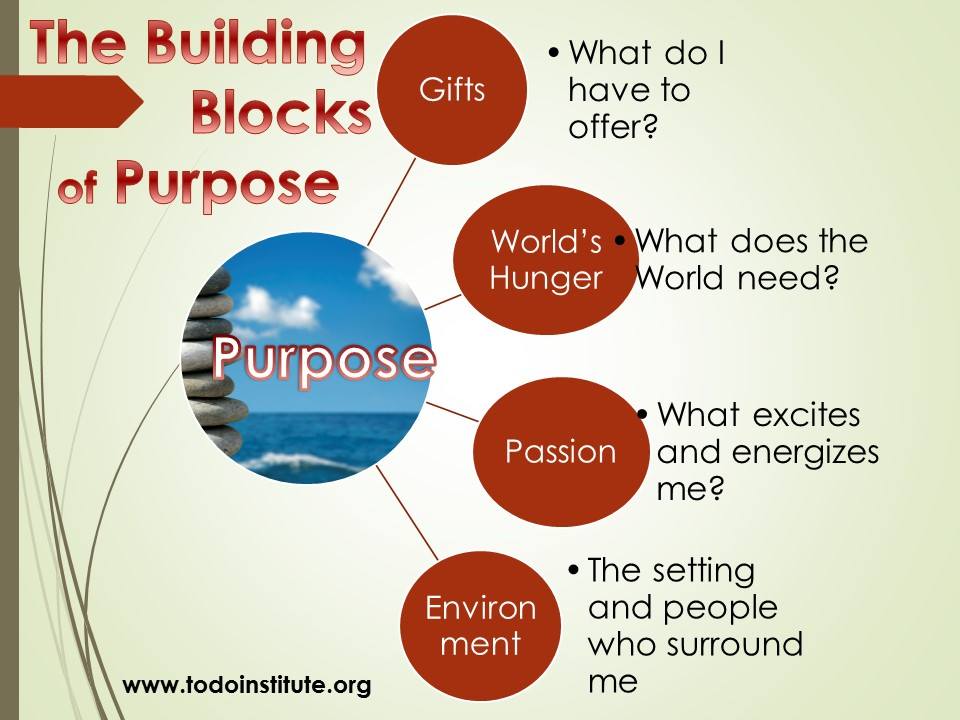Day Five of the Retreat
Much of the time in a Naikan Retreat is spent reflecting on individuals, from the time your relationship began to the present day, or perhaps just during particular periods of time. What did you receive? What did you give? What troubles did you cause?
But there is also a practice of reflection during the retreat that goes beyond individual relationships. This practice focuses on the themes of lying and stealing, as they relate to anyone and everyone in your past. This practice can include loved ones as well as strangers and everyone in between.
Classic Lies
“I told my boss that I was late because of a flat tire but actually I overslept.” This is a classic lie. When we make something up to deliberately create a false impression, most of us would agree that we’re lying. How often do create a classic lie? Check it out for yourself. Be on the lookout for the impulse to lie and count how many times you give in to it over the course of a week or a month.
Lies of Omission
But there are many forms of lying or dishonesty. There are lies of omission, for example, when we’re lying through our silence rather than through our words. If we are selling a car, and neglect to mention that it sometimes stalls in the rain, that silence is misleading. It is creating a false impression. It is creating a distorted picture of reality for self-serving purposes.
Lies of Action or Inaction
If we break commitments, vows, or promises, we are lying through our actions. If we say one thing and then do another, those actions or inactions are, in effect, lies. They prevent us from being true to our words and cause us to lose the confidence and trust of others.
And stealing has its own characteristics. There’s the obvious stealing of the tangible world, and then there’s the less concrete examples – stealing time or peace of mind, stealing privacy by eavesdropping or snooping, etc.
Reflecting on lying and stealing allows us to recognize our history of dishonesty. When we recall those situations in which we chose to deceive or mislead, we can see very clearly how our greed, insecurity and selfishness operated in our life and how our conduct negatively and unfairly impacted on others.
These reflections are the best path to reduce our harshness and condemnation of others. A hard-hearted position is difficult to sustain if we are genuinely in touch with our own failures. When we see our own shortcomings and weaknesses, we are less likely to be self-righteous, arrogant, and judgmental. It is when we are blind to our own transgressions that we are quick to judge and slow to forgive.
Keep a log of your lying and stealing for a set period of time. Hold your discoveries in the forefront of your mind and notice if they have any impact on your relationships.
Tags: Acceptance appreciation gratitude Kindness Mental Wellness Mindfulness naikan Relationships










